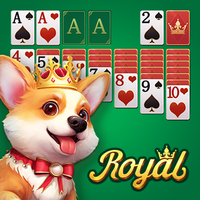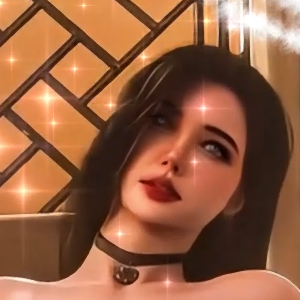Nintendo's Cautious Approach to Generative AI in Game Development
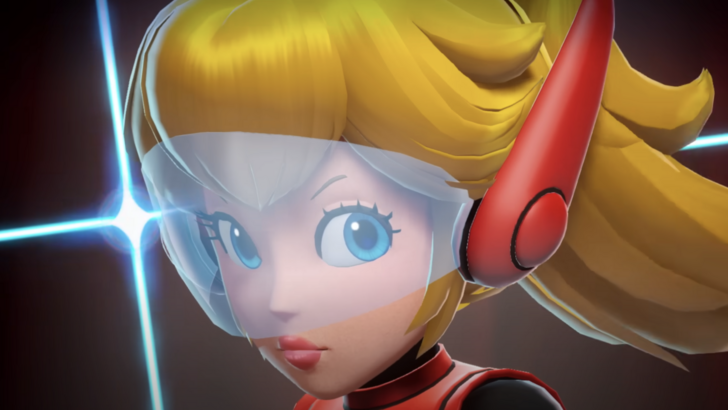
While the gaming industry actively explores generative AI's potential, Nintendo maintains a conservative stance. This stems from concerns about intellectual property (IP) rights and the company's dedication to its unique game development philosophy.
Nintendo President Shuntaro Furukawa's Stance
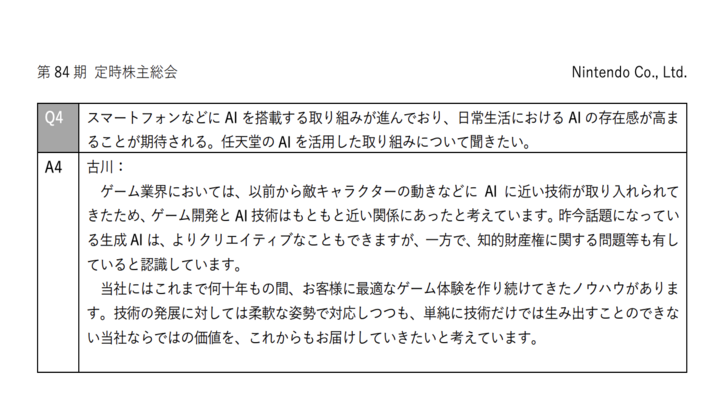
In a recent investor Q&A, President Furukawa confirmed Nintendo's current lack of plans to integrate generative AI into its games. The primary concern revolves around IP rights and the potential for copyright infringement. He acknowledged AI's long-standing role in game development (e.g., NPC behavior control), but distinguished this from the newer generative AI capable of creating original content.
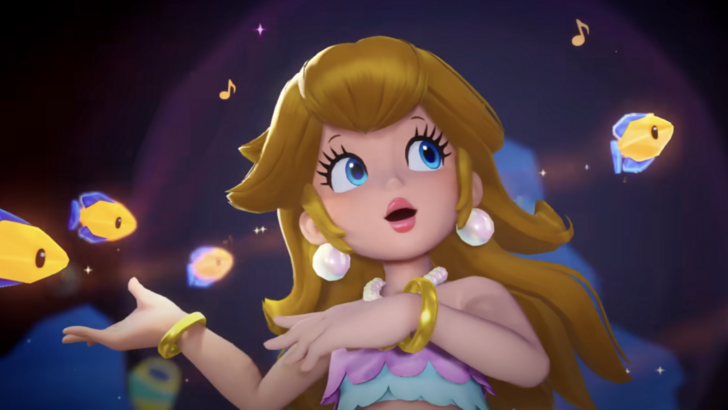
Furukawa highlighted the creative potential of generative AI while emphasizing the associated IP risks. The inherent ability of these tools to potentially infringe on existing works is a significant factor in Nintendo's cautious approach.
Preserving Nintendo's Unique Identity
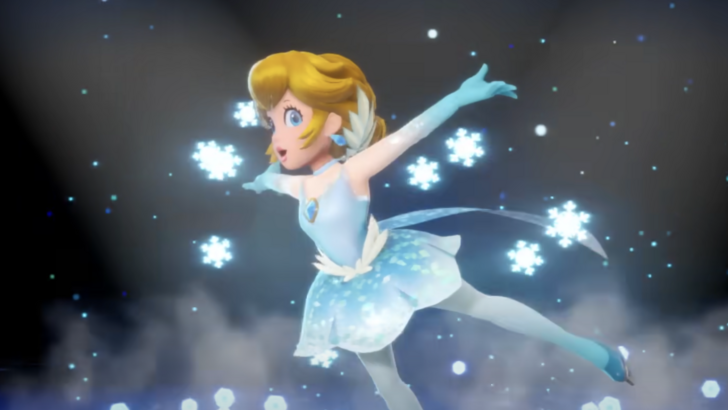
Furukawa underscored Nintendo's decades-long commitment to crafting unique gaming experiences. He stressed the company's extensive expertise in delivering optimal gameplay and its intention to maintain its distinctive value proposition, which cannot be replicated solely through technology.
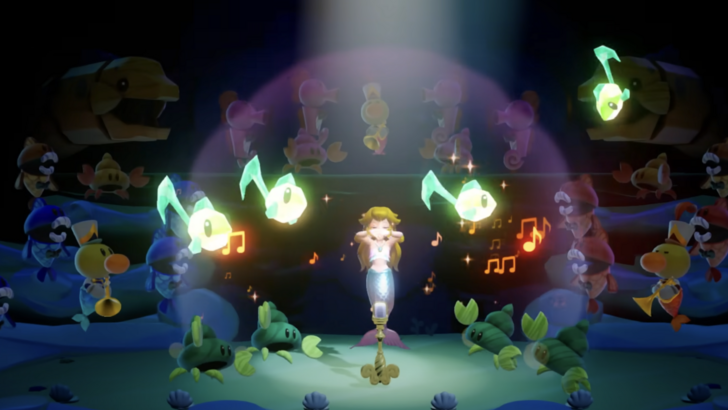
Contrasting Views Within the Industry
Nintendo's position contrasts with that of other industry leaders. Ubisoft, for example, utilizes generative AI in its Project Neural Nexus, viewing it as a tool to enhance, not replace, human creativity. Similarly, Square Enix and EA see generative AI as a valuable asset for content creation and process optimization. However, Nintendo's emphasis on its established development processes and IP protection suggests a different strategic direction.

